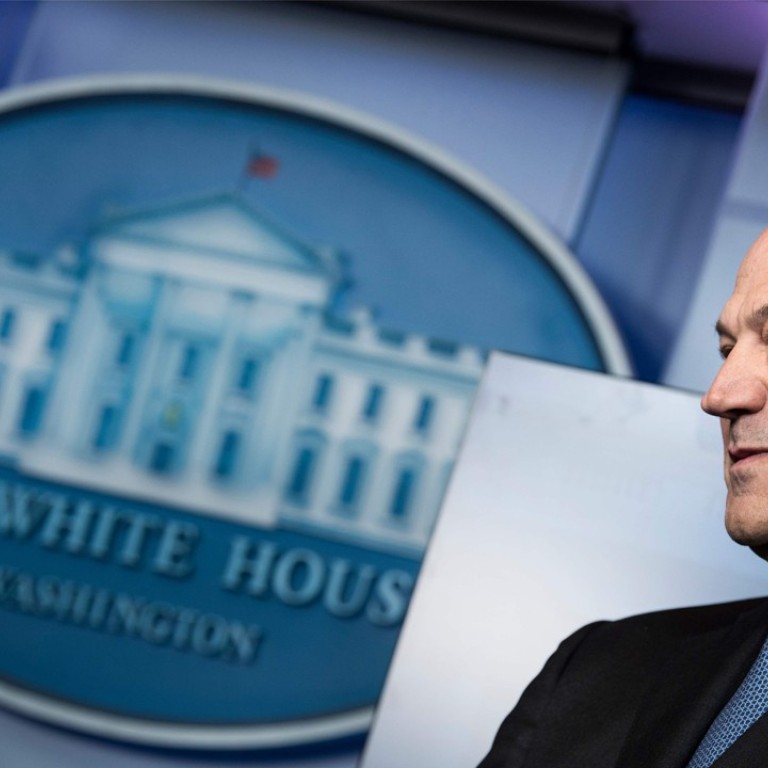
With ‘moderate’ Cohn gone, hardliners set to dictate US trade policy on China, congressman says
Top economic adviser’s departure clears the way for US nationalists to embrace punitive action that would hurt the economies of both countries, Rick Larsen says
Gary Cohn’s resignation as top economic adviser to US President Donald Trump could pave the way for hardliners to dominate US trade policy and embrace punitive actions that would harm the US and China's economy, a US lawmaker has warned.
Five reasons why the US is not prepared for a trade war with China
Rick Larsen, a Democratic Representative and co-chair of the US-China Working Group in the US Congress, told the South China Morning Post on Wednesday that it is “bad news” for the US that National Economic Council Director Cohn is stepping down.
“Gary Cohn’s role in the White House is at least a voice for engagement on trade as a positive noun,” Larsen said. “Our trade policy is going to be dictated by nationalists who would probably pursue more tariff actions rather than trade agreements.”
US mulling tough curbs on Chinese investment, trade: sources
Cohn’s resignation, he said, is not good for the US and global economy, “and probably not good for China”.
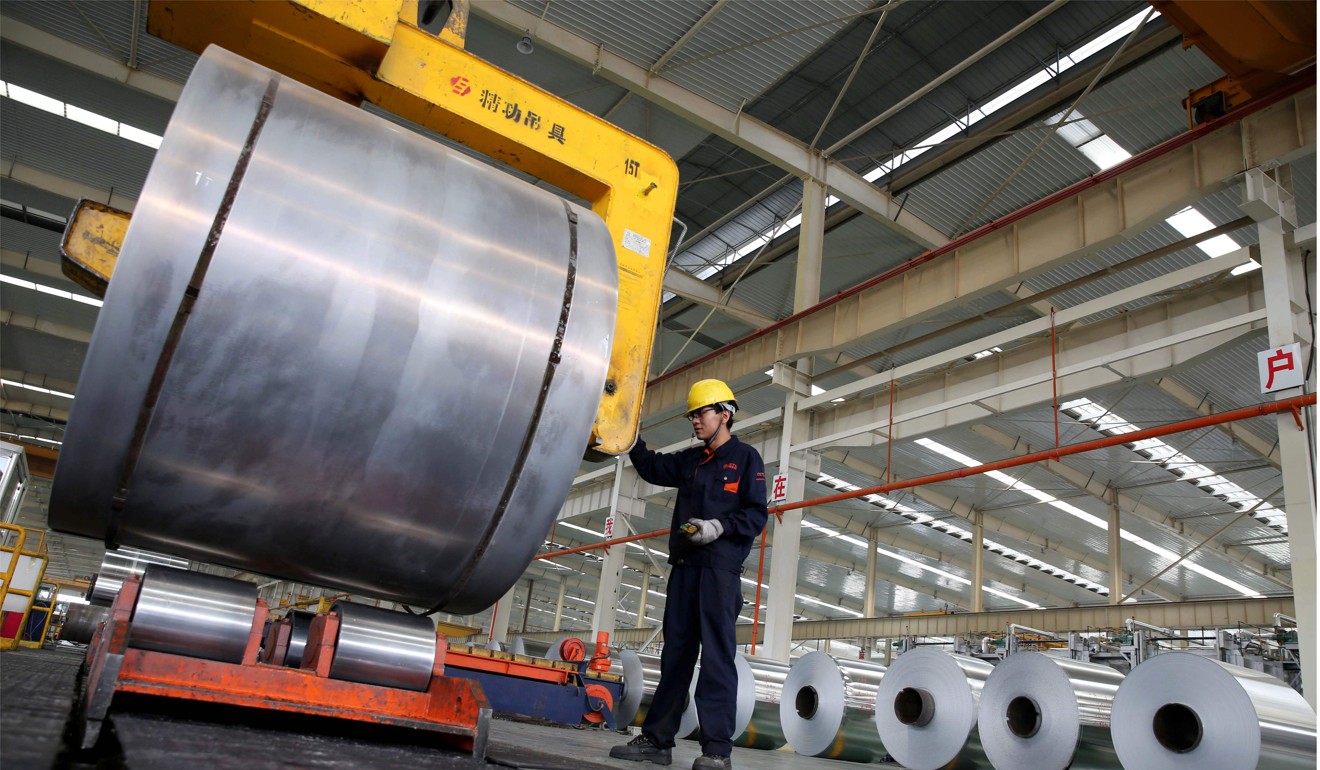
Cohn, a former Wall Street investment banker with Goldman Sachs who was widely regarded as a moderate, handed Trump his resignation letter on Tuesday after losing a battle with hardliners over imposing punitive tariffs against foreign steel and aluminium products, US media reported.
Trump to push ahead with tariffs despite ‘worried’ Paul Ryan
Trump said on Thursday he would sign off on a 25 per cent tariff on steel imports and a 10 per cent duty on inbound aluminium products, without obtaining a consensus first from his cabinet and US Congress.
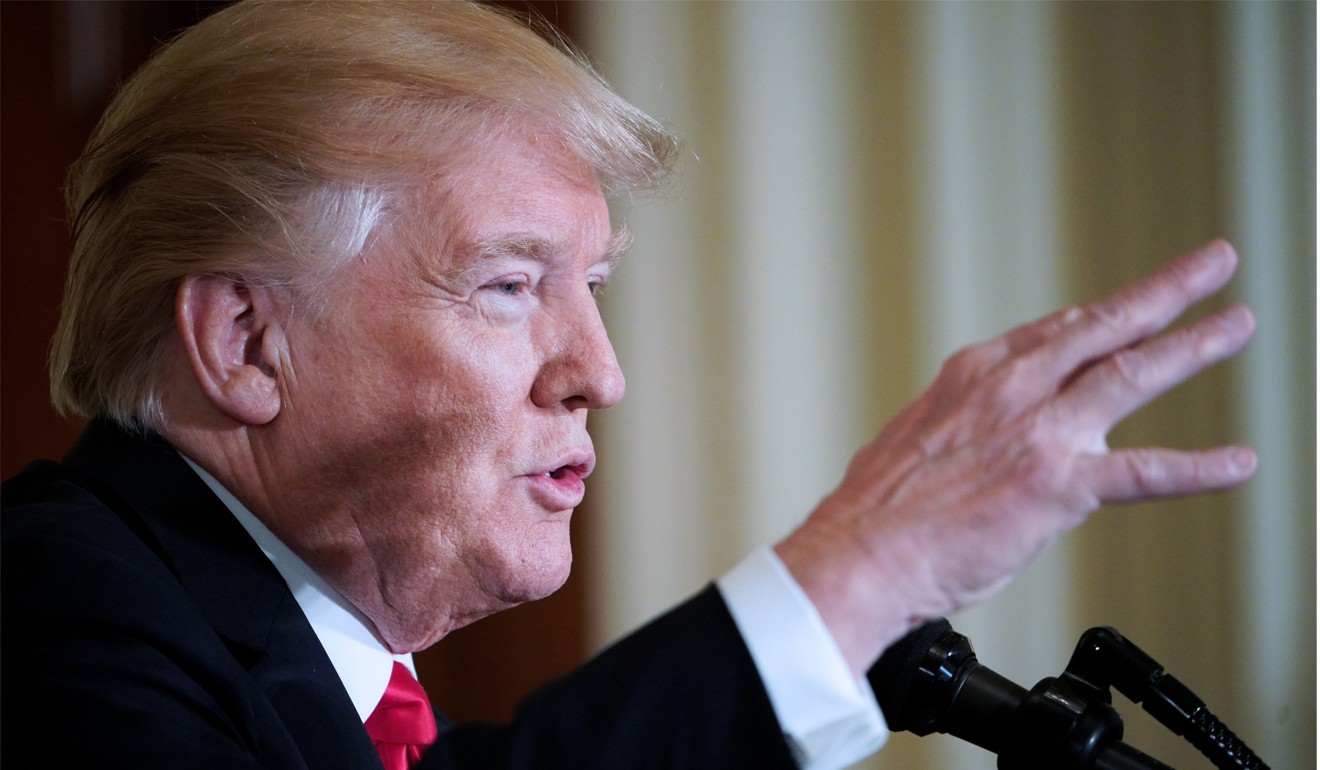
The announcement sparked a global wave of retaliatory threats stretching from the European Union to Canada.
It also drew criticism from US House Speaker Paul Ryan, Defence Secretary Jim Mattis and Secretary of State Rex Tillerson who expressed concern the move could provoke a trade war and put the US’s national security relationship with its allies into jeopardy.
Donald Trump has a point on steel tariffs, but no solution
Canada, South Korea and Mexico are the top three sources of steel imports to the US. Germany and Japan, two of the US's defence allies, also are among the top 10. China ranks 10th.
US Commerce Secretary Wilbur Ross and White House trade adviser Peter Navarro helped Trump craft the tariff proposal in secret.
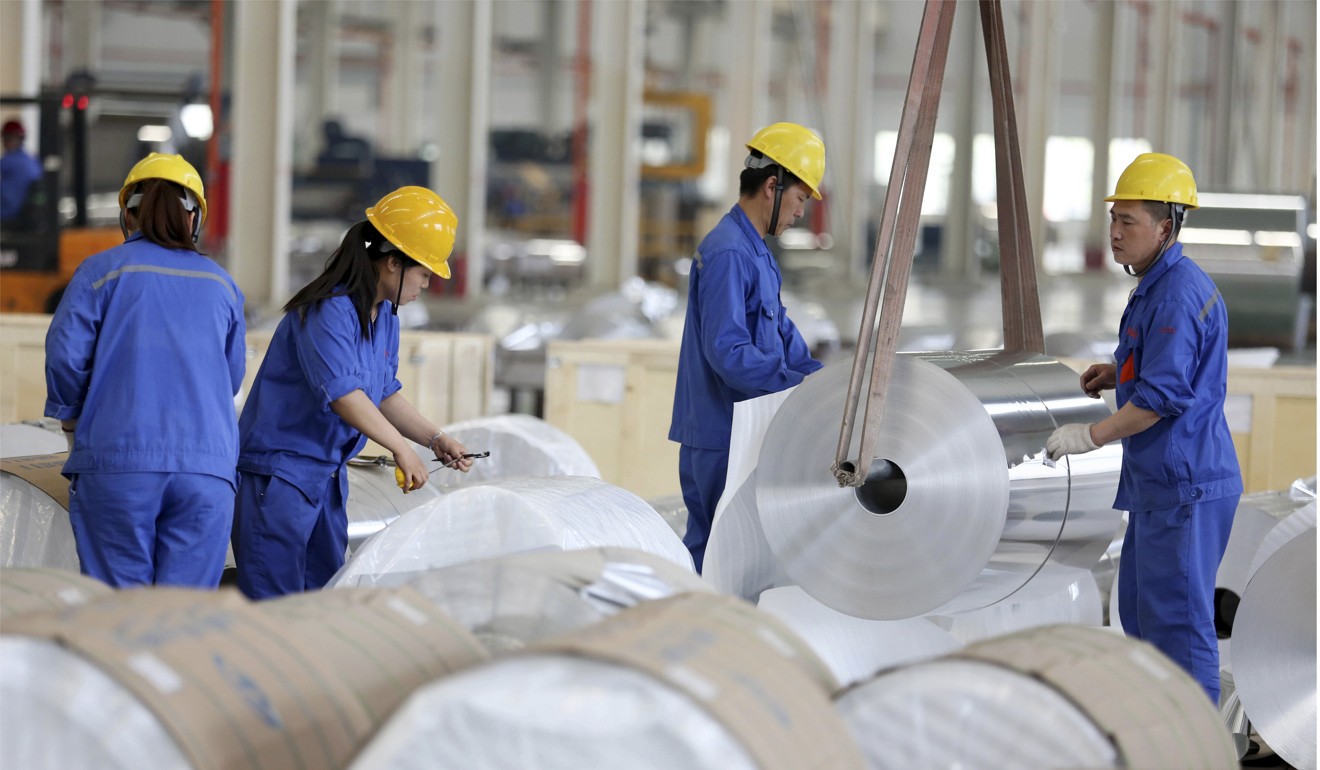
Cohn said he was furious that he was not in the loop before the president made the tariff plan public, senior administration officials told US media.
Before announcing his resignation, Cohn had tried to set up a meeting with executives from companies that would be harmed by the tariffs, but Trump blocked the move, The Washington Post reported. On Tuesday evening, Cohn formally said he was stepping down.
WTO complaint weighed over US tariffs on aluminium imports
Douglas Paal, vice-president for studies at the Carnegie Endowment for International Peace, echoed Larsen’s warning: “The loss of the ideas and influence of Gary Cohn is a loss for the United States principally, and China may also suffer.”
Trump tweeted on Tuesday evening that he would make a decision “soon” on Cohn’s replacement. The president’s Twitter post read: “Many people wanting the job – will choose wisely!”
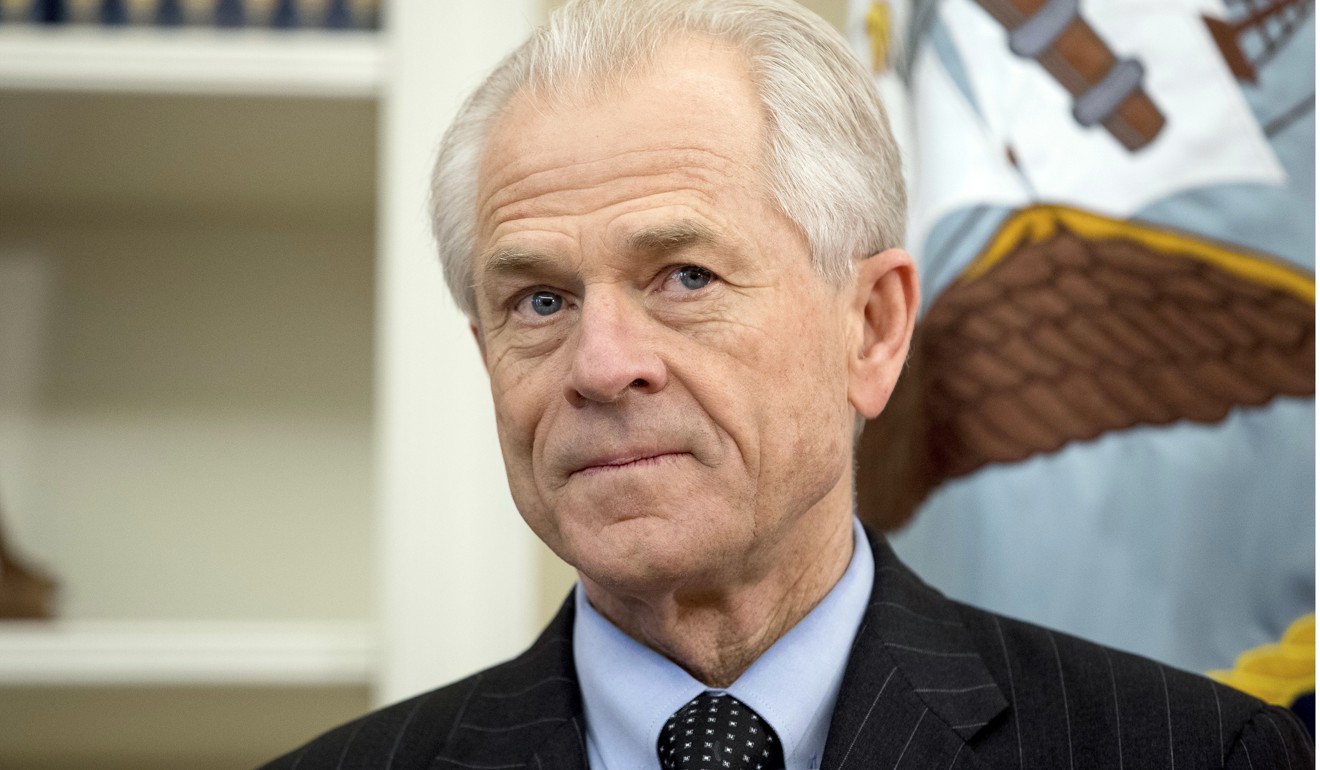
Peter Navarro, who was recently given more say on trade policy by Trump, told Bloomberg on Wednesday that he is not on a shortlist to replace Cohn.
“I’d be honoured, but I’m not on that list, let me be clear,” Navarro said. “I’ve got a very full plate here at the Office of Trade and Manufacturing Policy.”
China vows to work with other nations to counter Trump tariffs
Navarro also heads the National Trade Council, a newly created entity in the US executive branch.
Ever since he worked for Trump on his presidential campaign, Navarro has strongly advocated taking tough action against China on trade.
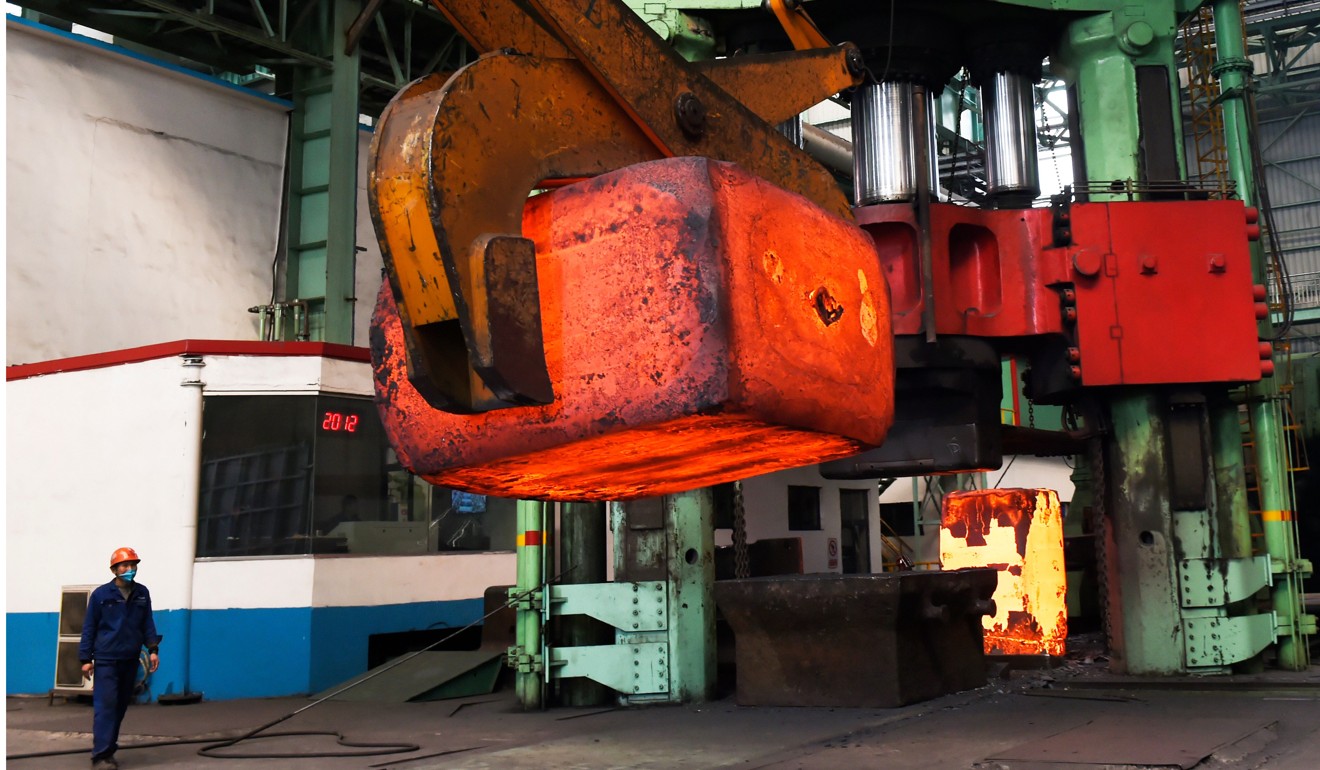
“Just as these Chinese leaders have been exploiting American weakness by cheating in the trade arena, they will acknowledge the strength and resoluteness of Trump and rein in their mercantilist impulses,” Navarro and commerce secretary Ross wrote in an economic paper for the Trump campaign.
Larry Kudlow, a Trump confidant and former White House official in the administration of Ronald Reagan, emerged as another figure to replace Cohn.
Explainer: what Trump’s tariffs would mean for the US
CNBC reported that Kudlow is on the president’s shortlist. Kudlow declined to comment.
After Cohn had announced his resignation, Kudlow tweeted that he felt “sorry” to see the top economic adviser leave.
“I urged him to stay,” he said.

